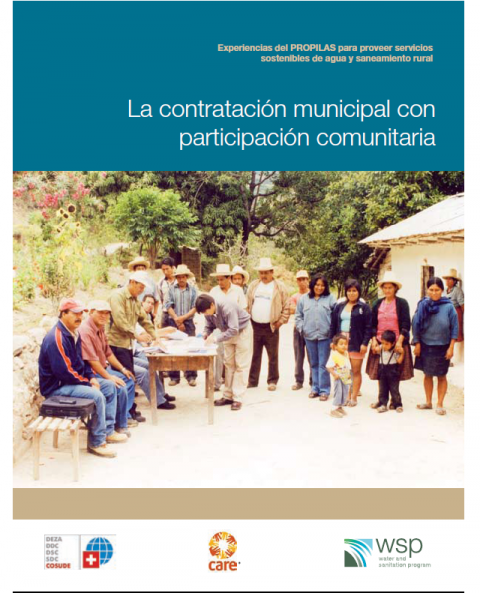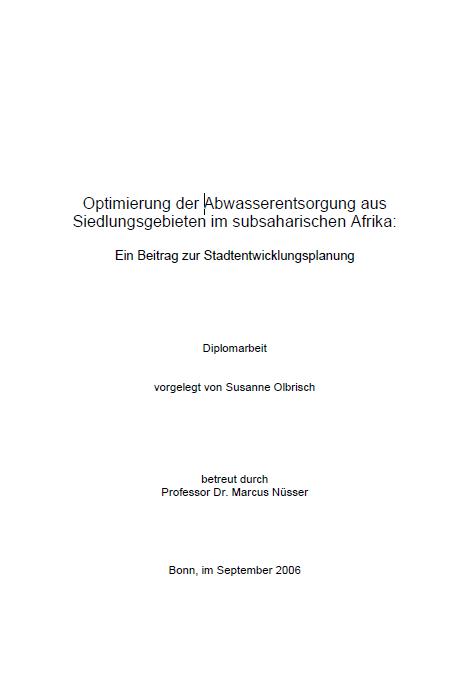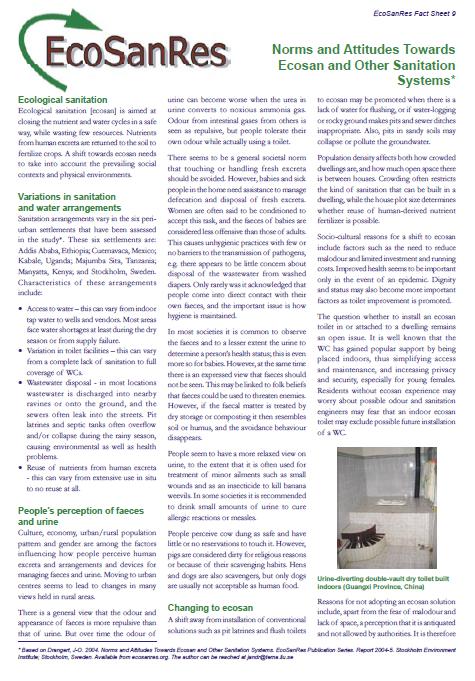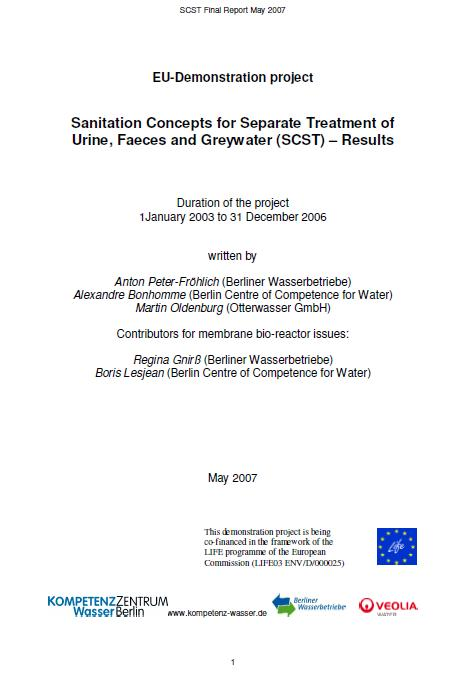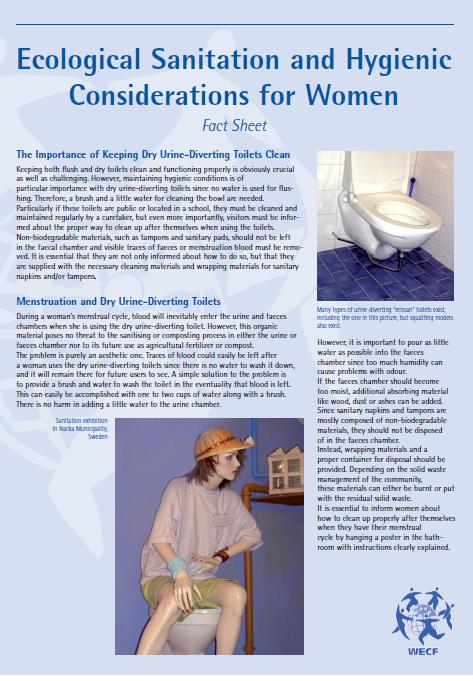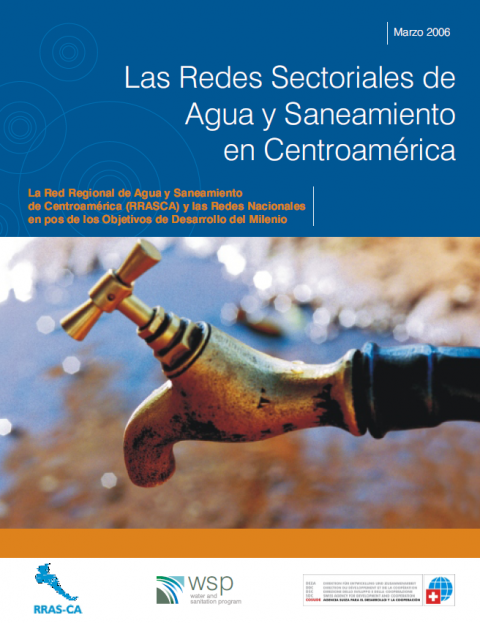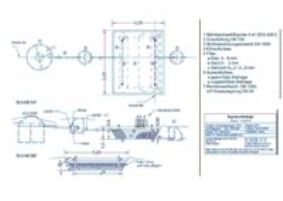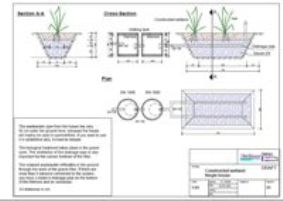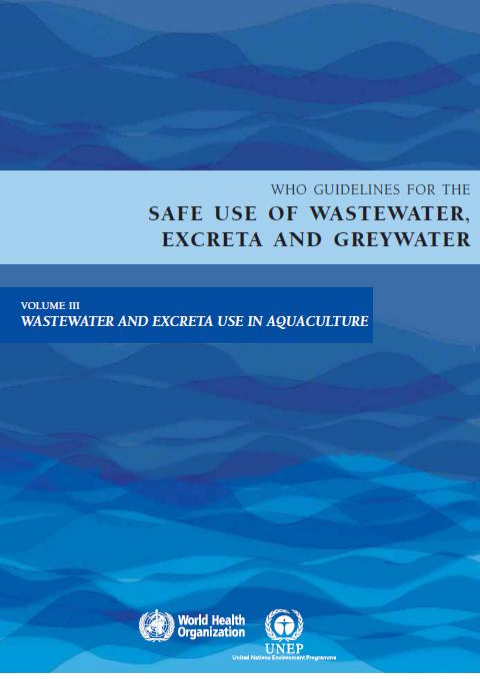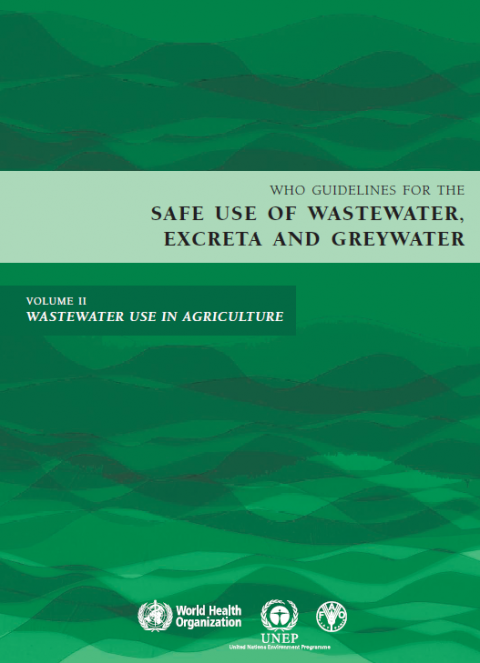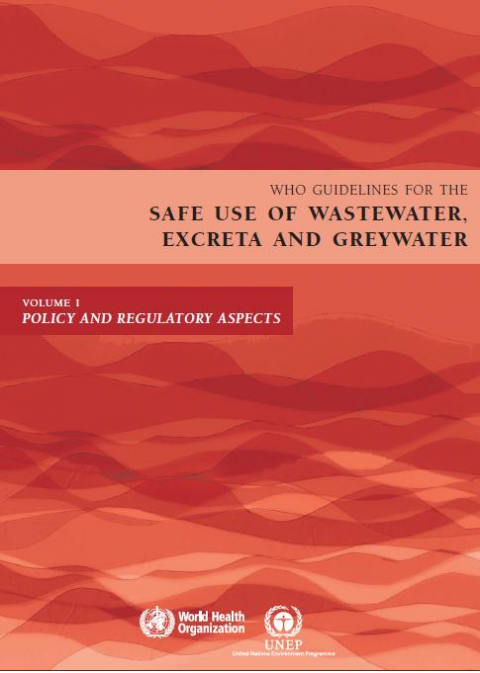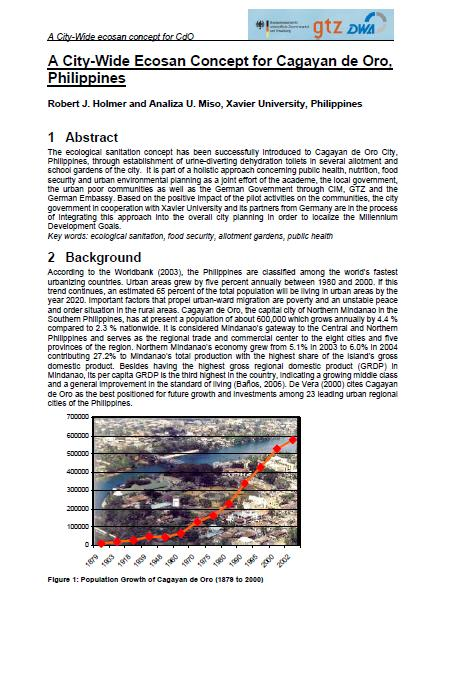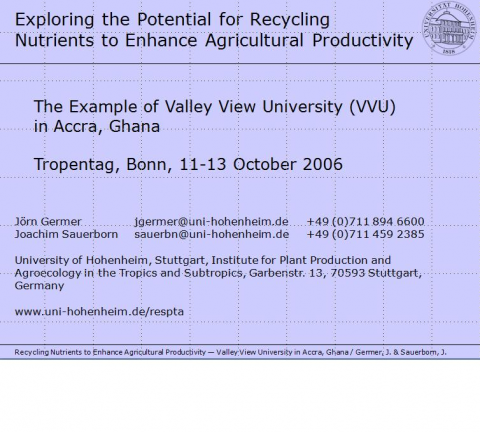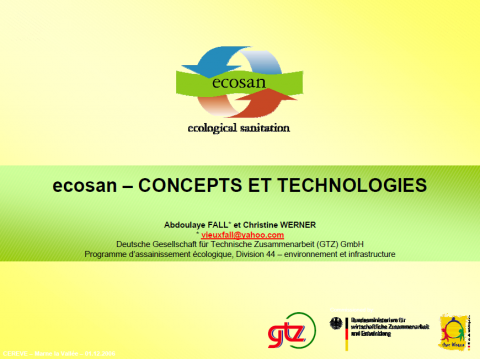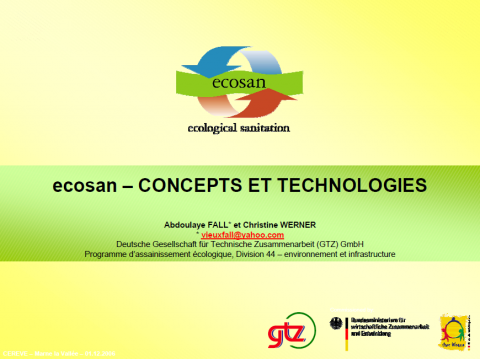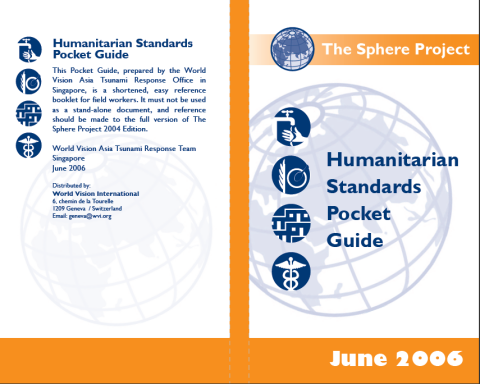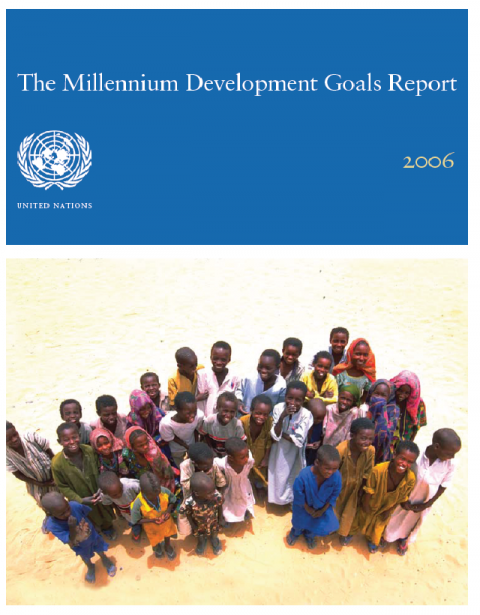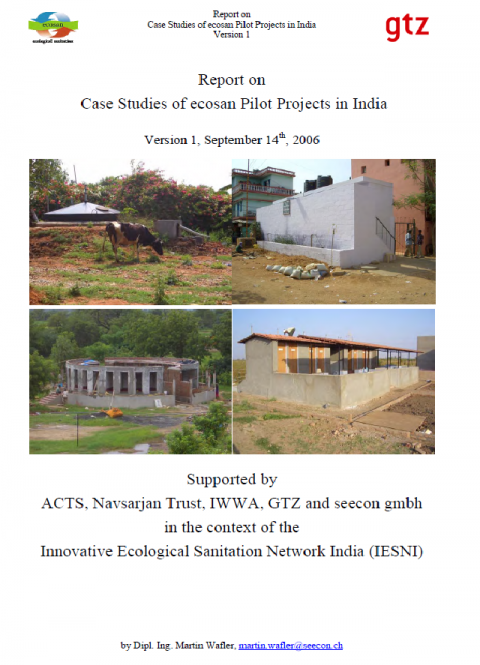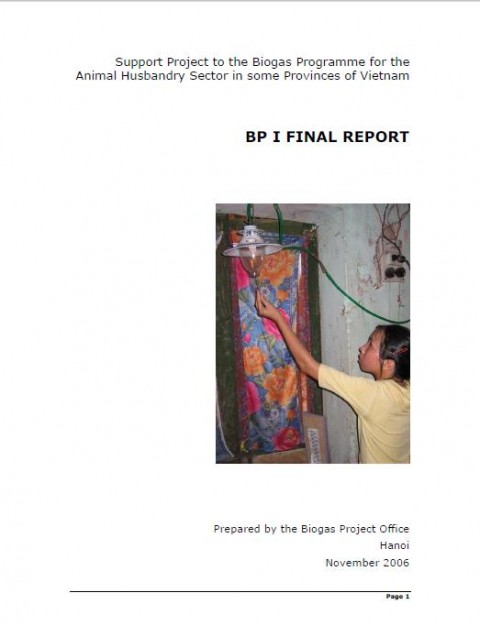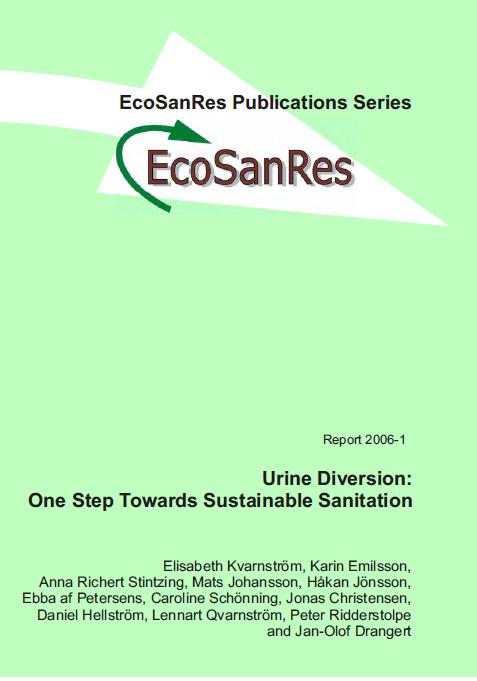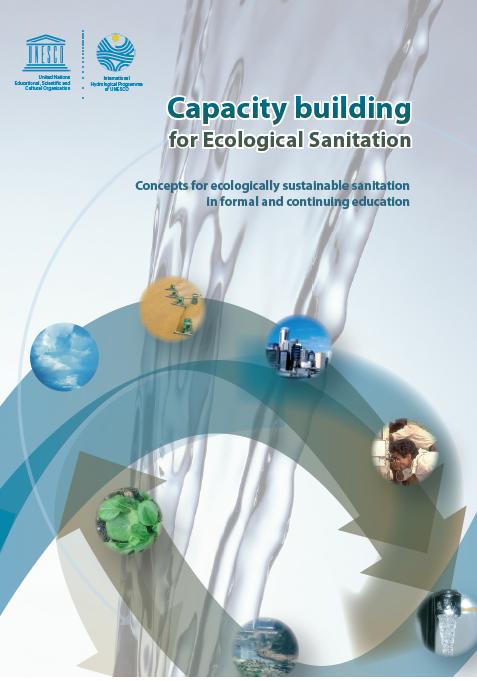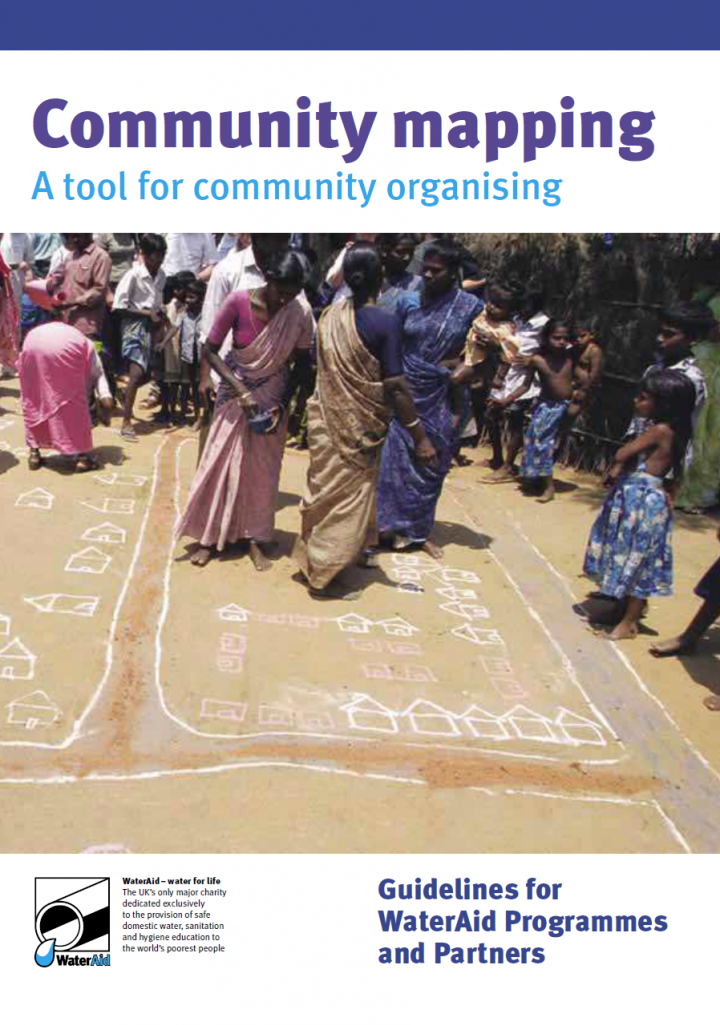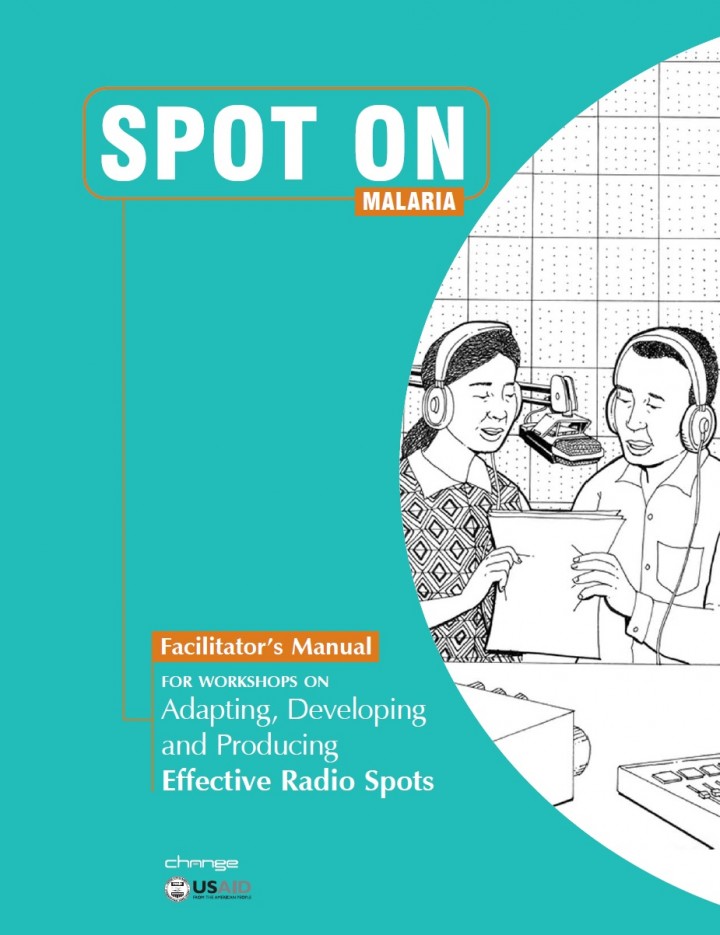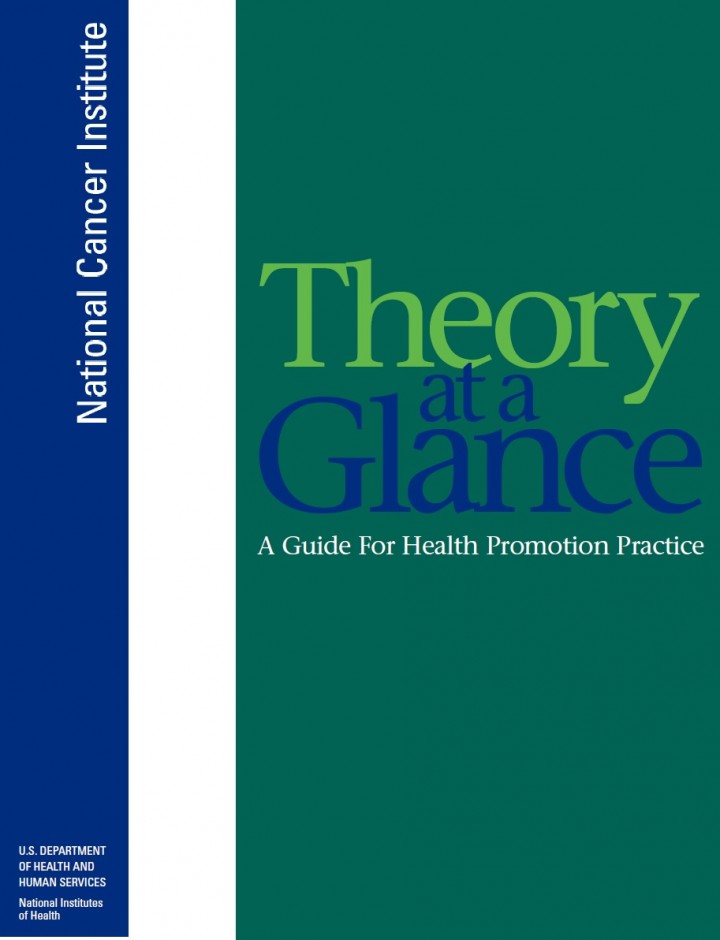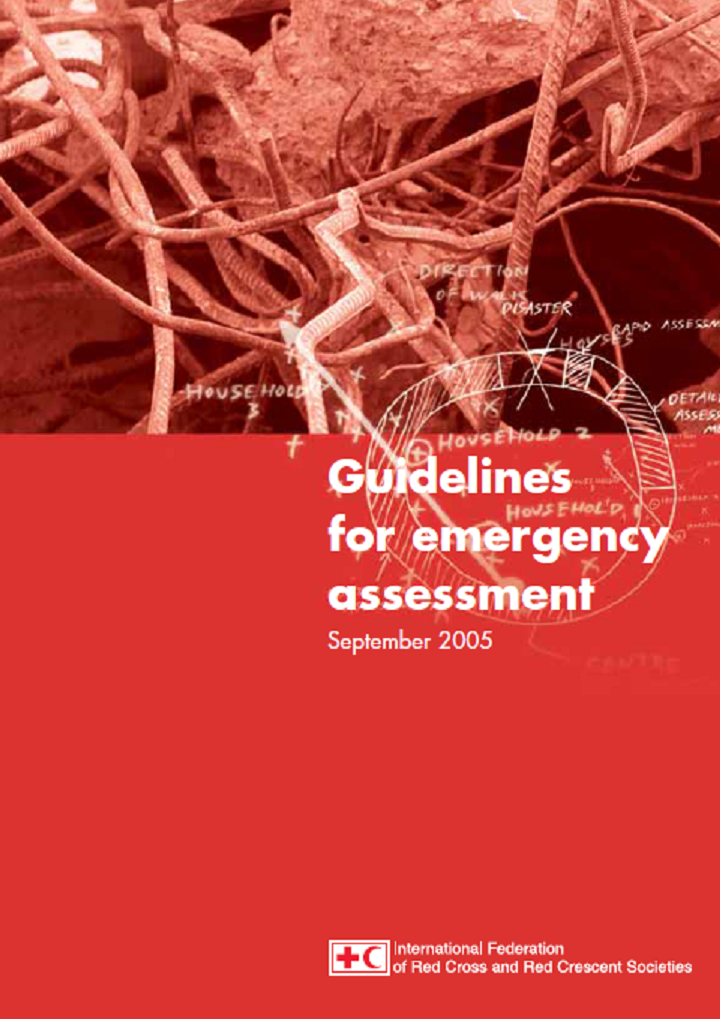Searching for information on Sanitation Workers?
The Sanitation Workers Knowledge + Learning Hub is the best source for all current news, trends, articles and updates on sanitation workers rights around the world.
Volume 3 of the Guidelines informs readers on the assessment of microbial hazards and toxic chemicals and the management of the associated risks when using wastewater and excreta in aquaculture. It explains requirements to promote safe use practices, including minimum procedures and specific healthbased targets. It puts trade-offs between potential risks and nutritional benefits in a wider …
Volume 2 of the Guidelines explains requirements to promote safe use concepts and practices, including health-based targets and minimum procedures. It also covers a substantive revision of approaches to ensuring the microbial safety of wastewater used in agriculture. It distinguishes three vulnerable groups: agricultural workers, members of communities where wastewater-fed agriculture is …
Volume 1 of the Guidelines presents policy issues and regulatory measures distilled from the technical detail found in volumes 2, 3 and 4. Those faced with the need to expedite the development of policies, procedures and regulatory frameworks, at national and local government levels, will find the essential information in this volume. It also includes summaries of the other volumes in the series …
This guide is for WaterAid programmes and partners, to help them understand and use community mapping as a participatory development tool.
There is already a considerable amount of experience in participatory techniques within WaterAid. They are being used to great effect in the delivery of basic servicess within both rural and urban projects, using tools such as the sanitation ladder and …
This Manual, along with the complementary publication— Spot On Malaria: A Guide to Adapting, Developing and Producing Effective Radio Spots —is intended to help those working on malaria, particularly at the district or local level, use radio to deliver critical prevention and treatment messages to those not often reached by national-level programs.
The Guide may be downloaded in its …
Theory at a Glance describes influential theories of health related behaviors, the process of shaping behaviors, and the effects of ecological factors on behavior. The guide addresses the ways in which theory and models can be used in the planning, implementation, and evaluation of health promotion programs.
1.1 Why is an assessment methodology necessary?
Assessment is a vital element of the programme-planning process. Assessment provides the information on which decisions will be made. Whilst good information does not guarantee a good programme, poor information almost certainly guarantees a bad one. The use of a standard methodology means that information can be compared with data collected during …

